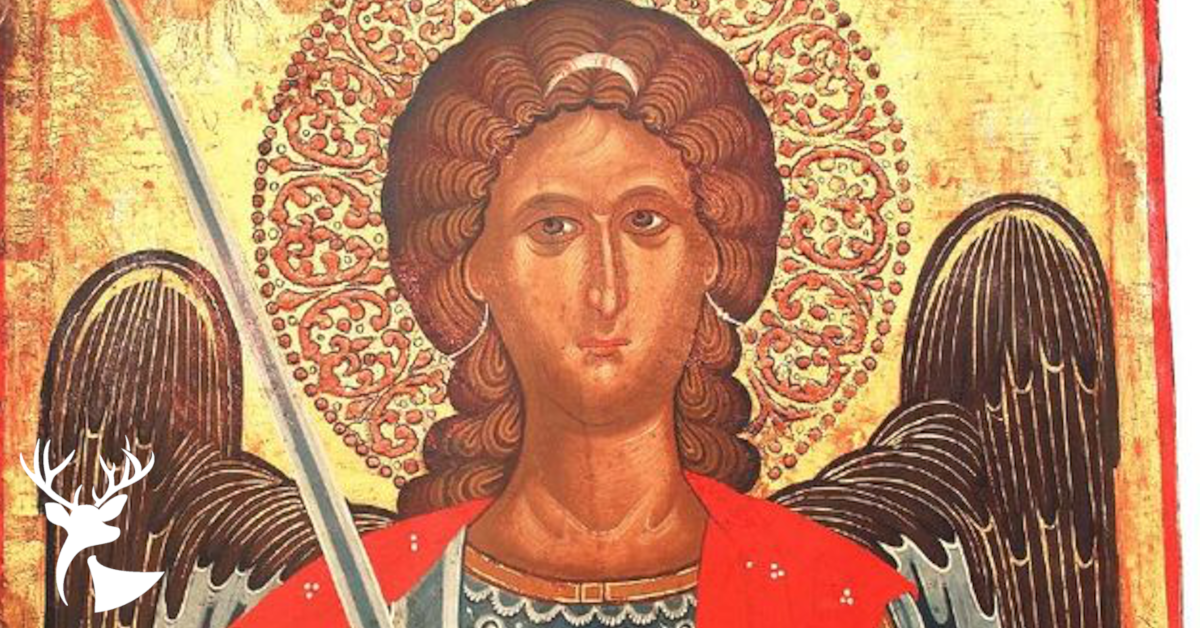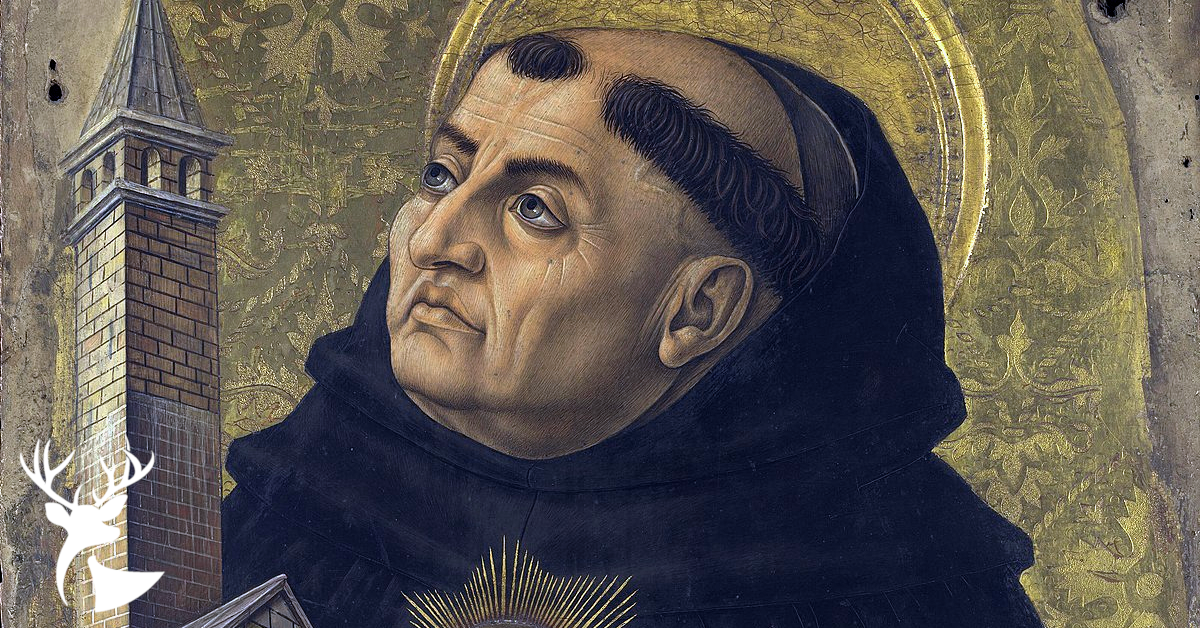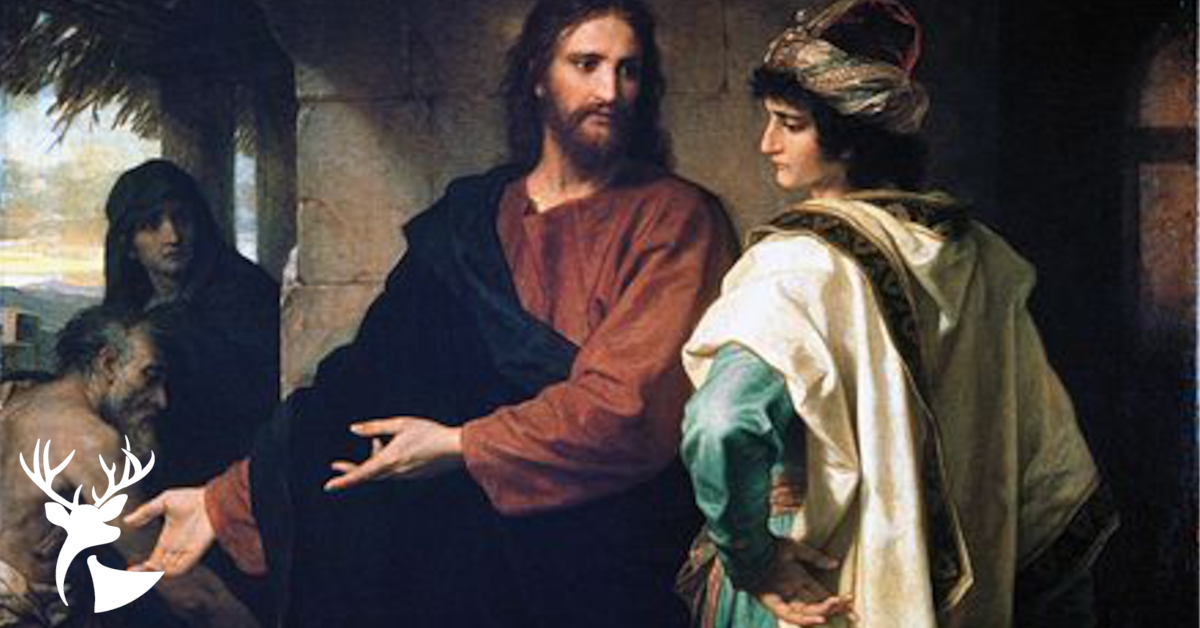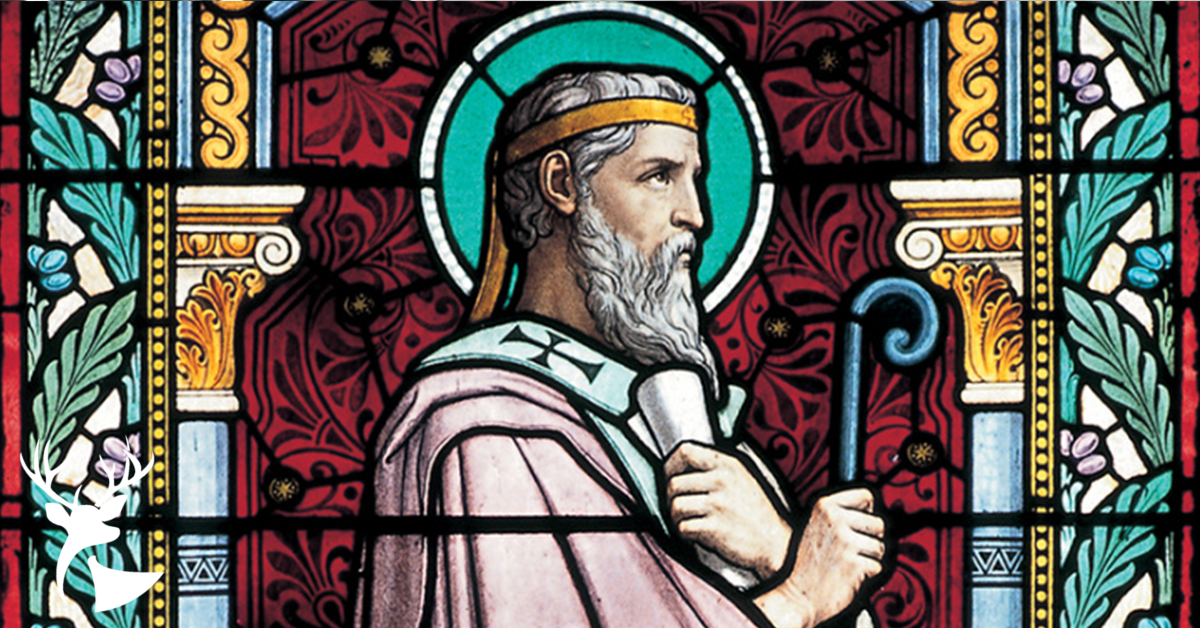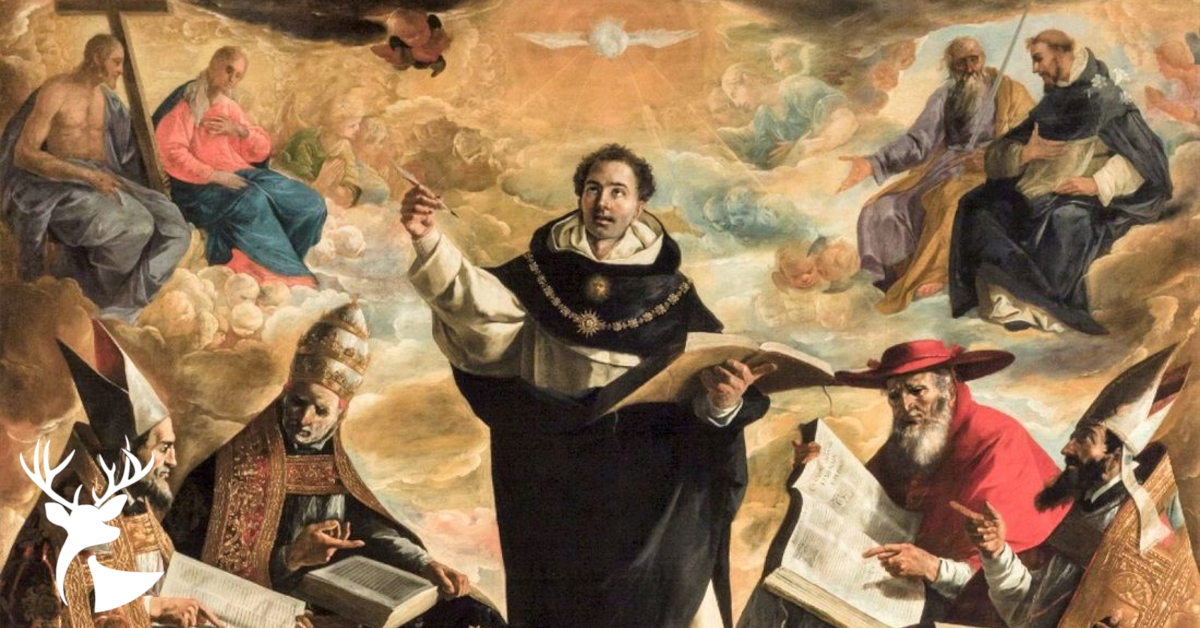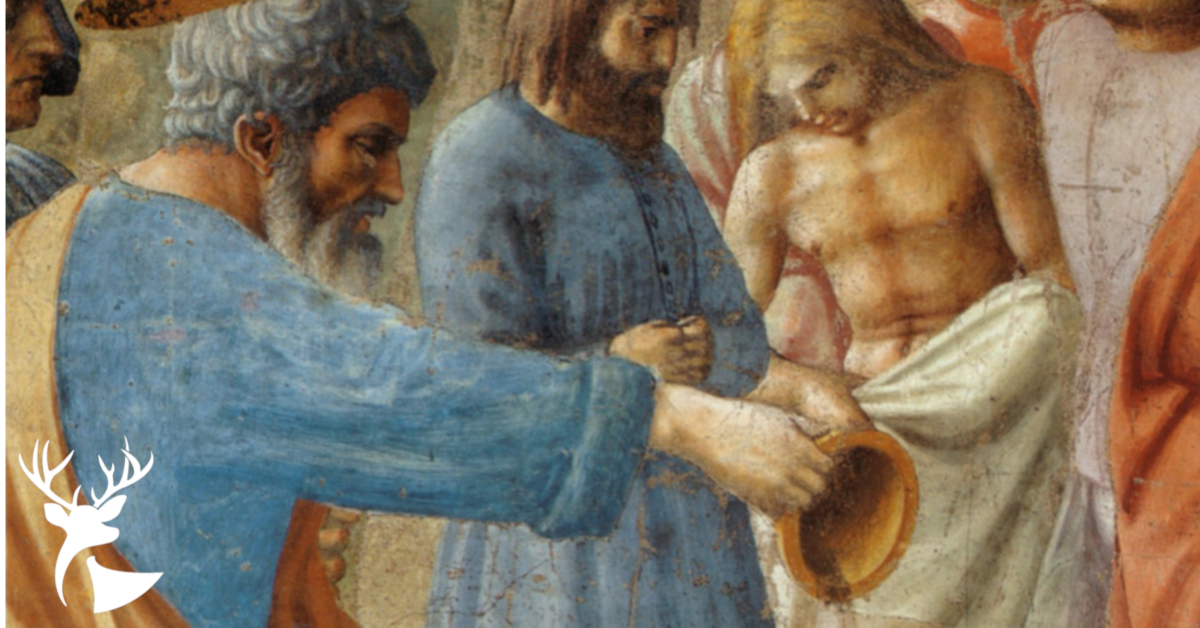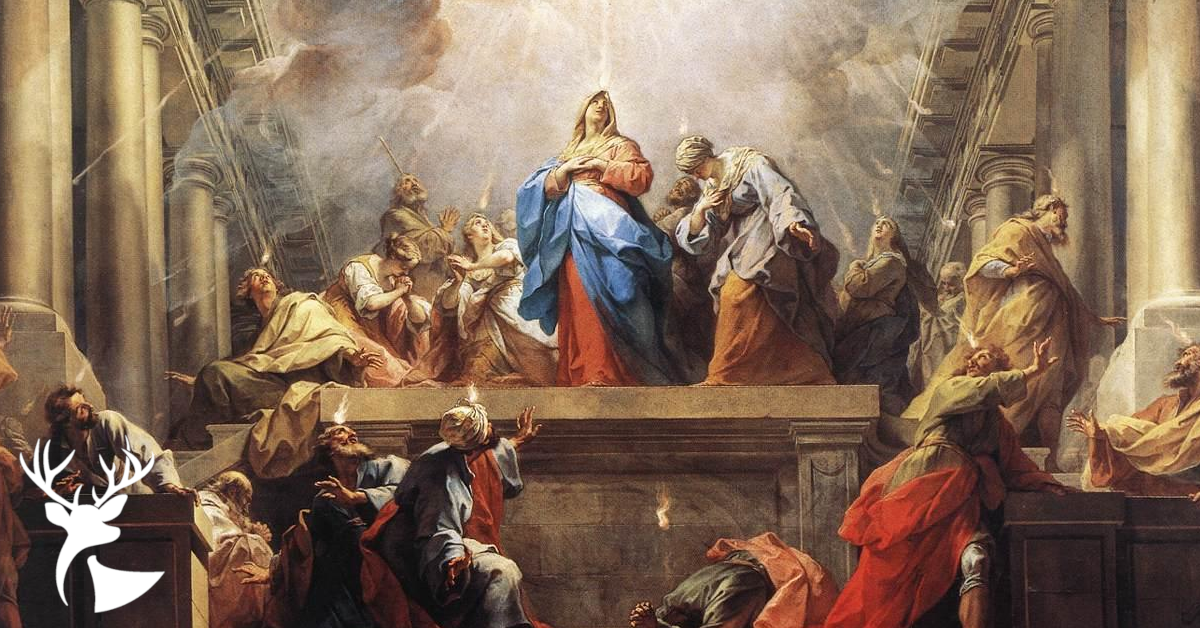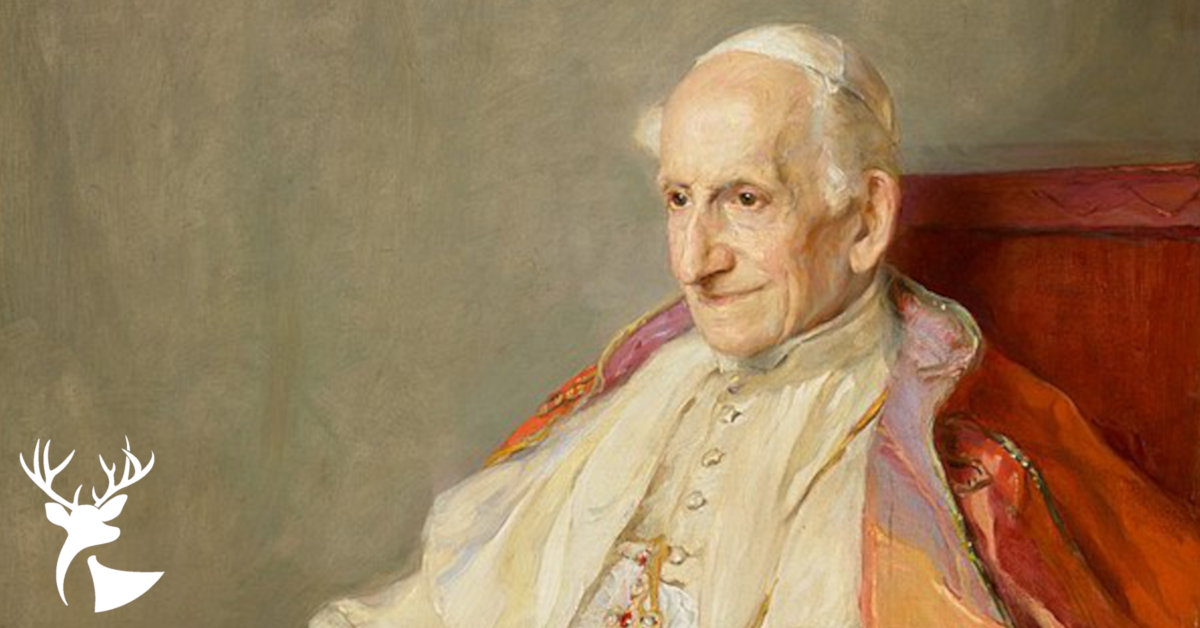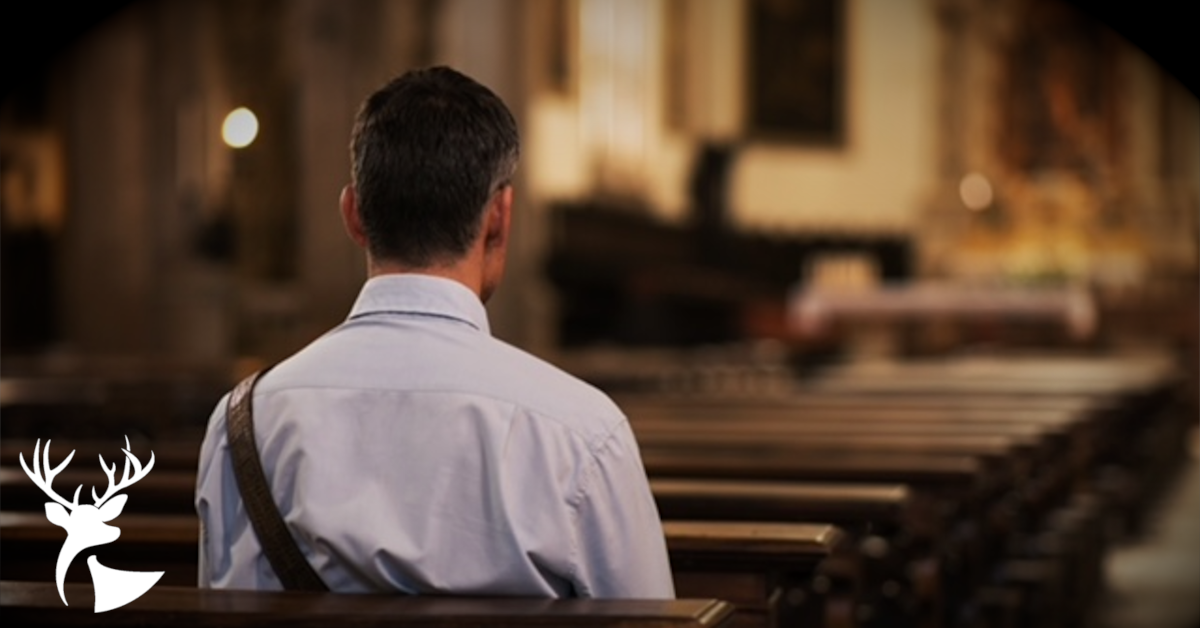
Dr. Christine Miller is an affiliate tutor of the Alcuin Institute. She also serves as the Director of Adult Faith Formation & Catholic Culture at St. Bernard's Parish in Tulsa, Oklahoma.
Dr. Christine Miller is an affiliate tutor of the Alcuin Institute. She also serves as the Director of Adult Faith Formation & Catholic Culture at St. Bernard's Parish in Tulsa, Oklahoma.
← Return to EssaysStay Connected!
“Man cannot live without love. He remains a being that is incomprehensible for himself, his life is senseless, if love is not revealed to him, if he does not encounter love, if he does not experience it and make it his own, if he does not participate intimately in it. This, as has already been said, is why Christ the Redeemer "fully reveals man to himself" [...] The man who wishes to understand himself thoroughly – and not just in accordance with immediate, partial, often superficial, and even illusory standards and measures of his being – he must with his unrest, uncertainty and even his weakness and sinfulness, with his life and death, draw near to Christ. He must, so to speak, enter into him with all his own self, he must "appropriate" and assimilate the whole of the reality of the Incarnation and Redemption in order to find himself. If this profound process takes place within him, he then bears fruit not only of adoration of God but also of deep wonder at himself. ”
—Pope St. John Paul II
Redemptor Hominis, 10
Pope John Paul II, Karol Józef Wojtyła, was born in Wadowice, Poland, on May 18, 1920, and died in Rome on the Eve of Divine Mercy Sunday, April 2, 2005. Karol experienced firsthand the dehumanizing Nazi and Communist regimes that controlled Poland during his lifetime, and he participated in the cultural resistance to these forces. Ordained to the priesthood after formation in an underground seminary, he later became a professor of philosophy at the University of Lublin in Poland. He was elevated to the episcopacy in 1958, participated in the Second Vatican Council, was named to the College of Cardinals in 1967, and was elected Pope in 1978. As Pope, John Paul II was known for his role in the collapse of Communism in Eastern Europe, his constant efforts to evangelize the young, his interreligious and ecumenical outreach, and his prolific writings, especially his work of Christian anthropology titled Theology of the Body. He was canonized a saint of the Catholic Church by Pope Francis on September 30, 2013. His feast is celebrated on October 22.
Many Catholics, especially those who belong to the “John Paul II Generation”, owe a personal debt of gratitude to Pope Saint John Paul II as a true father in faith. Many of us were evangelized by his tireless travels, instructed by his writings, and edified by his lived example of faith and hope in suffering. One of his greatest contributions to the Church is his penetrating insights into the nature of the human person; more specifically the importance of the human body. John Paul II has given us a Christ-centered response to the modern tendency to treat the human body as an impersonal object and in doing so he has deepened the Church’s understanding of human dignity, human sexuality, marriage and family life.
Taking the teaching of Christ as his starting point, the saint helped us understand more deeply the meaning of our being created in the image and likeness of God, who is a communion of three divine Persons. He also restored our reverence for the human body. This renewed respect for the human body offers new insight into the importance of sexual difference.
According to the Pope John Paul II the human person was created by God for his own sake with the gifts of intellect and free will. These faculties make him capable of knowledge, love, self-possession and self-gift. In other words, the human person is a relational being. For this reason, it is through the experience of authentic love and the sincere gift of self that he comes to the full realization of his identity as an image of God.
“[The Lord Jesus] implied a certain likeness between the union of the divine Persons, and the unity of God’s sons in truth and charity. This likeness reveals that man, who is the only creature on earth which God willed for itself, cannot fully find himself except through a sincere gift of himself” (Gaudium et Spes, 24).
Freely given existence by the Creator, creation is characterized through and through by what John Paul II calls the “hermeneutic of the gift”. Namely, by understanding the entirety of creation in terms of a gratuitous gift of a good and loving Creator, we begin to unlock the meaning of existence. The human person is capable of recognizing this gift and rendering thanks to the Creator (TOB 13.3-4). Our deepest identity and vocation can be understood in these terms as well. We are to respond to God’s generous love by a sincere gift of self to God and others.
John Paul II’s analysis of the opening chapters of the Book of Genesis deepens the Church’s teaching on the dignity and importance of the human body, created male and female. In the first place, the human being is an image of God because of man’s spiritual nature endowed with intellect and will. However, the bodily nature of the human person also participates at its own level in this image of God, and can therefore reveal – or make known – not only the communal nature of man, but the communal nature of God.
Pope John Paul II teaches that the reason for this participation lies in the unity of the body and soul. The human soul gives the body its form and makes it a living whole. The body is nothing less than the person himself made manifest in the flesh. This makes the body personal rather than merely an object. John Paul II will compare the body to a sacrament, that is, a visible sign that makes present an invisible reality. The body makes visible the invisible, spiritual reality of the person.
From this perspective, John Paul II discerns the order and importance of sexual difference. The fact that human beings are conceived and born from the bodily union of a man and woman, and the fact that the body bears the characteristics of male or female, point to our vocation to communion with others. The body speaks of the vocation to authentic love. The total, mutual, faithful and exclusive gift of spouses in the marriage bond is another form of man’s imaging the purely spiritual and divine communion of the three divine Persons. God is the divine archetype and pattern for the family.
To embrace a modern objectification of the human body, or to deny what JPII calls the “primordial duality” of the sexes would be to reject the very development of the Church’s thought that is so needed in our time. John Paul II’s insights into the human body – its maleness and femaleness – reveal the that human person is meant for communion that is ordered to fruitfulness. This reading of the human person, in turn, reveals that man and woman are authentic images of the mysterious communal reality of the Godhead. If St. Thomas Aquinas offered us the first great defense of the importance of the body, Pope Saint John Paul II deepens this understanding and expands it to include sexual difference, marriage and family. We need the lessons God taught us through his pontificate in order to navigate the on-going spiritual and anthropological crisis of our times.
More Reading

Dr. Christine Miller is an affiliate tutor of the Alcuin Institute. She also serves as the Director of Adult Faith Formation & Catholic Culture at St. Bernard's Parish in Tulsa, Oklahoma.


